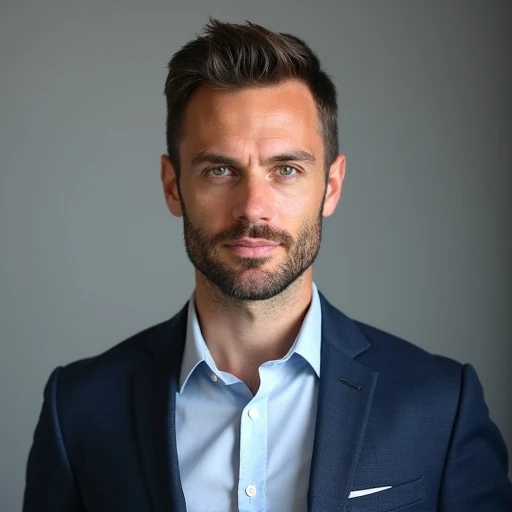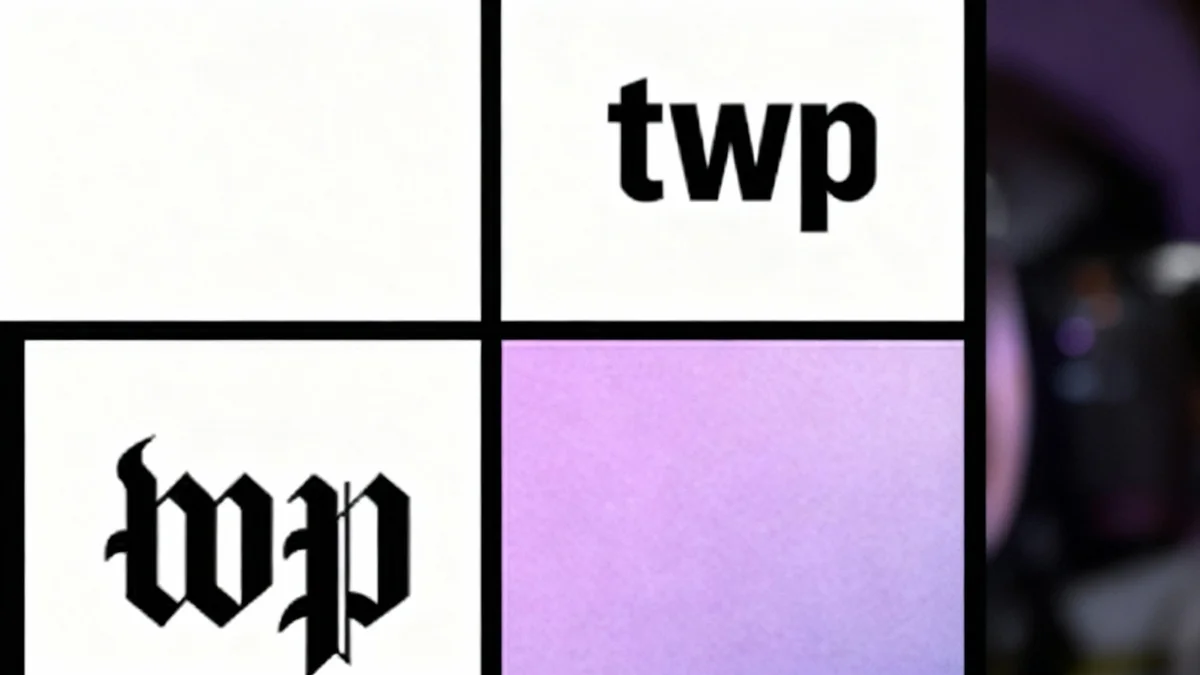Following a period of deliberate silence on political matters, numerous university presidents are now issuing public statements condemning the recent killing of conservative activist Charlie Kirk. This shift is forcing a re-examination of newly adopted institutional neutrality policies and sparking a complex debate about when, or if, a university should take a public stand.
Key Takeaways
- University leaders are making public statements on the killing of Charlie Kirk, despite many recently adopting institutional neutrality policies.
- Presidents from institutions like the University of Wyoming and Middlebury College have justified their statements as necessary exceptions to defend core academic values.
- Several universities, including Austin Peay State and Clemson, have terminated employees for social media posts about the incident, raising free speech concerns.
- Legal experts argue that some university actions and statements misrepresent the scope of First Amendment protections for employee speech.
A Shift from Institutional Silence
In the months following the October 7, 2023, Hamas attacks and Israel's subsequent military actions in Gaza, many American universities faced intense criticism over their public statements. The backlash often came from multiple sides, with some groups feeling the universities failed to properly condemn terrorism and others believing they ignored Palestinian suffering. This difficult environment led many institutions to adopt policies of institutional neutrality, a principle designed to prevent the university as a whole from taking official stances on contentious political and social issues.
The goal was to foster a campus environment where diverse viewpoints could be debated without the institution itself picking a side. However, the killing of Charlie Kirk at a Utah Valley University event has presented a significant test for these policies, with many leaders deciding that this act of political violence required them to speak out.
What is Institutional Neutrality?
Institutional neutrality is often based on the University of Chicago's 1967 Kalven Report. The core idea is that a university's primary mission is the discovery and dissemination of knowledge. To protect this mission, the university should not take collective action or issue official statements on political or social controversies of the day, as doing so could chill open inquiry and dissent within its community.
Making an Exception for Violence
Several university presidents have argued that condemning the killing of a political figure on a college campus is not a violation of neutrality but a defense of the very principles that neutrality is meant to protect: free expression and open discourse.
University of Wyoming's Position
The University of Wyoming, which formally adopted an institutional neutrality policy in late 2023, was among the first to respond. President Ed Seidel released a statement expressing "disgust, outrage and sadness at this apparent politically motivated attack." He framed the response as a reaffirmation of core values.
"Political violence is never warranted, and we reaffirm our commitment to freedom of expression and respectful discourse on our campus—and the institutional neutrality that is needed to support it," Seidel wrote.
A university spokesperson, Chad Baldwin, explained the decision to comment was based on several factors. These included Kirk's recent visit to the Wyoming campus, the presence of an active Turning Point USA student chapter, and the fact that the violence occurred at another university. The university also held a moment of silence for Kirk before a football game. Notably, President Seidel did not issue similar statements following other instances of political violence, such as the murder of a former Democratic politician in Minnesota.
Middlebury College Cites Core Values
At Middlebury College, President Ian Baucom also issued a strong condemnation, calling the killing "an evil act." While Middlebury does not have a formal neutrality policy, Baucom noted that he is guided by the Kalven principles. He argued that the Kalven Report itself allows for exceptions when an event threatens the university's fundamental mission.
"Yesterday, tragically, was such a day and such a time, and I feel my obligation to speak," Baucom wrote, emphasizing his commitment to defending academic freedom for everyone. He clarified he was speaking in his personal capacity, but the statement was distributed widely through official college channels.
The Kalven Report Exception
The original Kalven Report states that a university should speak out only in "the exceptional instance" when an issue "threatens the very mission of the university and its values of free inquiry." Many presidents are now interpreting political violence on a campus as meeting that high standard.
Free Speech Under Scrutiny
While presidents condemned the violence against Kirk, a parallel controversy emerged over how universities were handling their own employees' speech about the incident. Several institutions took swift disciplinary action against faculty and staff for social media posts perceived as insensitive or celebratory of Kirk's death, leading to accusations of a double standard and a crackdown on free speech.
Terminations at Austin Peay State and Clemson
Austin Peay State University (APSU) fired Professor Darren Michael after he reportedly shared a screenshot of a past article where Kirk had argued that gun deaths were a price worth paying to protect Second Amendment rights. The termination followed calls for his dismissal from Republican lawmakers.
APSU President Mike Licari stated that the faculty member's actions did not align with the university's commitment to "mutual respect and human dignity" and were deemed "unacceptable."
Similarly, Clemson University fired two employees for what it called "deeply inappropriate remarks made on social media." In a public statement, the university appeared to challenge established First Amendment law.
"We stand firmly on the principles of the U.S. Constitution, including the protection of free speech," Clemson officials wrote. "However, that right does not extend to speech that incites harm or undermines the dignity of others."
Legal Experts Challenge University Claims
First Amendment advocates quickly challenged Clemson's interpretation of free speech. Zach Greenberg, an attorney at the Foundation for Individual Rights and Expression (FIRE), called the university's statement "completely wrong."
"The First Amendment absolutely protects your right to undermine the dignity of others," Greenberg explained. "We have free speech so we can talk about things that many people believe are offensive, controversial and even hateful."
He clarified that unprotected speech falls into very narrow categories, such as true threats or incitement to "imminent lawless action." According to Greenberg, expressing controversial political viewpoints, even in a bombastic or offensive manner, does not meet that legal standard. He noted that FIRE is receiving dozens of reports daily about employees being punished for their speech, suggesting a widespread trend. "We’re in the cancel culture part of the tragedy cycle," he said.





